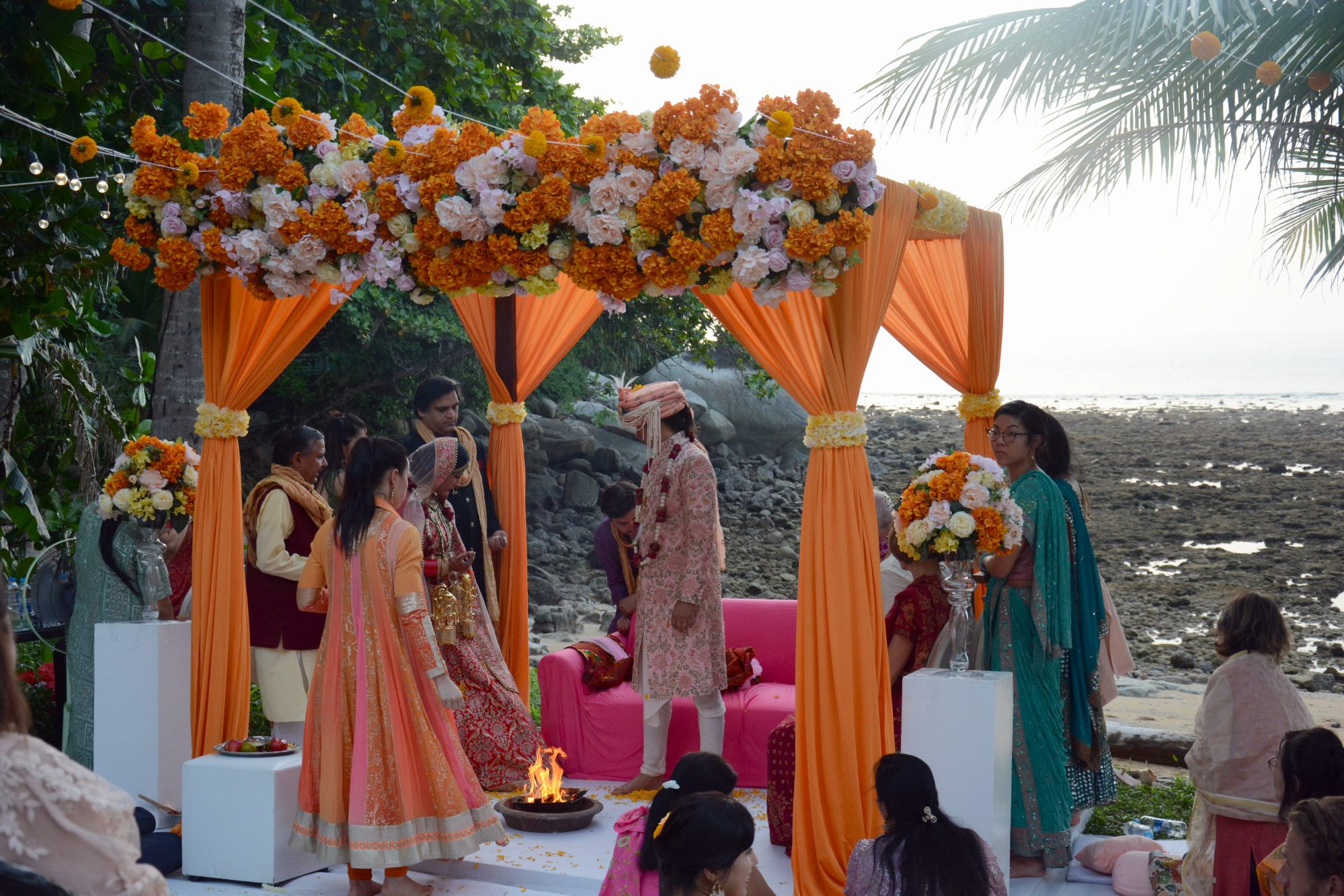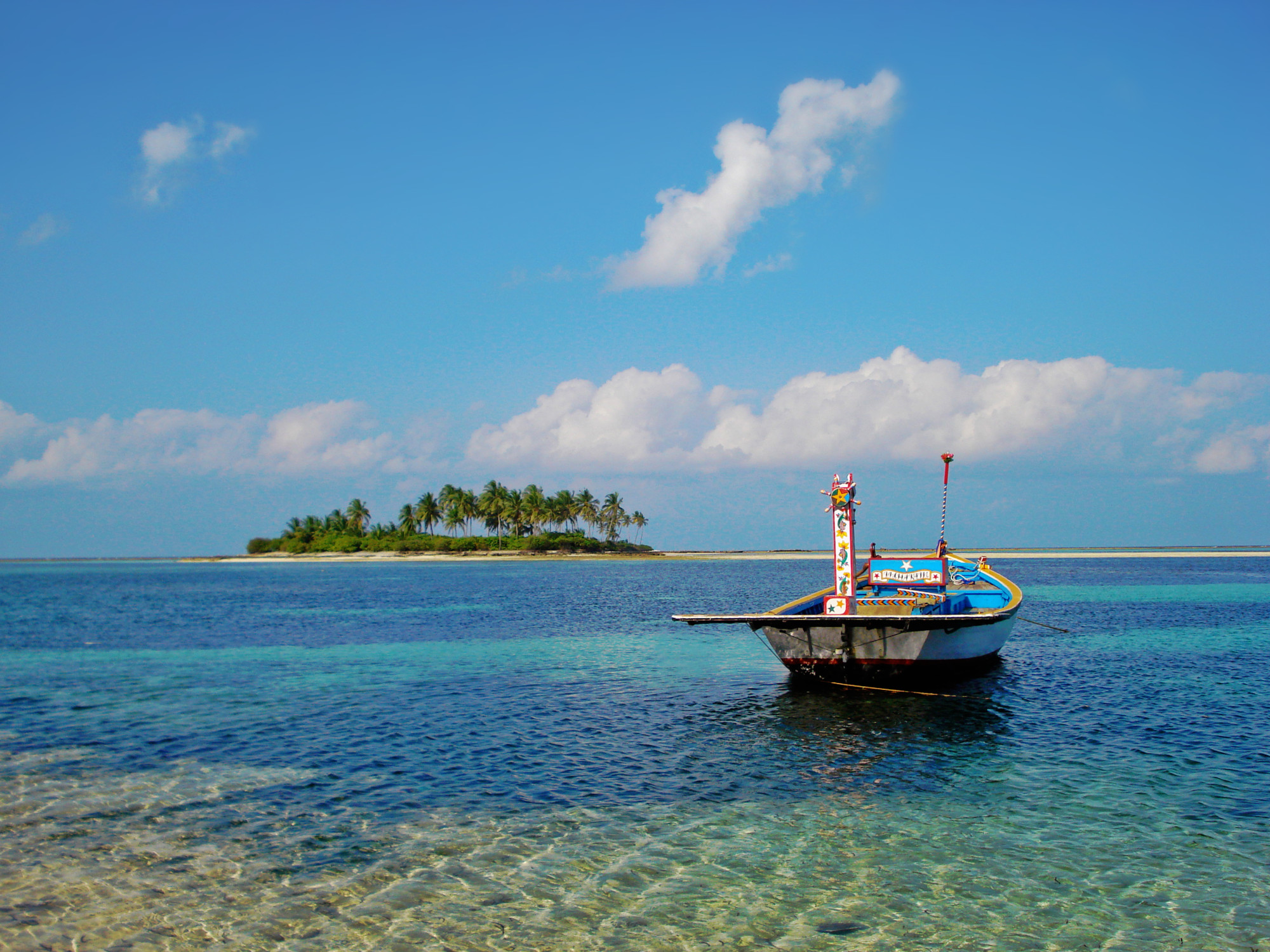
More well-off Indians are having their big fat weddings overseas – and Modi’s not happy about it
- India’s prime minister has called for Indians to hold their nuptials ‘on Indian soil’ instead of at destinations like Thailand, Bali and the Maldives
- But his lament looks set to fall on deaf ears as the country grows ever wealthier amid a culture of ‘keeping up with the Joneses – or the Kapoors’
Modi expressed his concerns about overseas weddings making the country’s travel trade jittery while speaking on the monthly radio talk show Mann Ki Baat (Straight from the Heart) in late November.

“Just think, these days a new trend is developing, of some families holding weddings abroad. Is this necessary?” he asked. “If weddings take place on Indian soil, among the people of India, then the country’s money will remain in the country.”
His remarks come as India’s wedding industry is enjoying a bumper season. Over the span of 23 days between November and December, some 3.5 million Indian couples will have tied the knot, generating around 5 trillion rupees (US$60.2 billion) worth of business, according to the Confederation of All India Traders. The days in question are considered auspicious by Indian astrologers due to the positions of the planets relative to the moon.
Why Phu Quoc is the billionaire’s choice for a big fat Indian wedding overseas
Economists say arresting the currency’s slide is a major motivator for the prime minister’s wedding remarks, which also dovetail with his government’s “Vocal for Local” campaign – focused on getting more Indians to source goods and services within the country.
India’s balance of trade – the difference between the value of its exports and imports – finds itself in a perilous position amid a slowing global economy, according to Biswajit Dhar, an economics professor at the Council for Social Development, a New Delhi-based research and advocacy body.
“On top of this, anything which causes a drain on foreign-exchange resources can be very serious,” he said, in reference to extravagant overseas weddings – while adding that the political influence of the elites who typically hold such celebrations may limit the scope of any restrictions.
The government should take pride because weddings abroad promote the idea of Indians’ spending power
Nevertheless, India’s travel industry representatives say they are bracing for the screws to tighten, possibly through higher taxes on any spending abroad beyond a predefined ceiling.
“I think it’s inappropriate for the government to dictate how tax-paying citizens should spend their money,” said Rajeev Kohli, president of Euromic, a non-profit marketing association of destination management companies specialising in events. “It is unfair that they are working on policies that may harm a certain segment of travellers.”
“The government should take pride because weddings abroad promote the idea of Indians’ spending power,” Kohli said.

Helicopter charters, Michelin-starred chefs
Well-to-do Indians’ ability to shell out for the finer things in life has been on full display with the recent slew of destination weddings, which have featured everything from gondola rides to the hiring of Michelin-starred chefs and celebrity singers.
Even middle-class families have been splurging on luxuries like chartered helicopters to transport the bride and groom to their wedding venue, leading Delhi-based angel investor and business strategist Lloyd Mathias to predict that – amid ballooning wedding budgets – Modi’s comments would only have a limited impact.
He said a high-end Indian wedding – complete with tulips flown in from Amsterdam, designer dresses for the bride and bridesmaids, and costly gifts for the guests – can easily cost as much as US$5 million.
“Indian weddings are about keeping up with the Joneses – or the Kapoors,” Mathias said, referring to the famed Indian show-business family. “And the trend is only increasing”.
Indian weddings are about keeping up with the Joneses – or the Kapoors
“Some countries, like Thailand, are great destinations [for weddings] as they have utilised the land they have,” he said. “In the grand scheme of things, is this really a big issue for an economy of [India’s size, worth some] US$3-$4 trillion?”
India has been developing its tourism industry, but Agarwal said it was “not pushing high-end tourism for people for whom cost is not an issue … People will only go if they can brag about it.”
India is blessed with more than its fair share of exotic locales, spanning pristine Himalayan mountain ranges and wide desert expanses to secluded white, sandy beaches.

Travel industry experts say India’s far-flung Andaman and Nicobar Islands, off the coast of Myanmar, or the archipelago territory of Lakshadweep, north of the Maldives, could easily rival more established destinations for high-end weddings – if only they had the supporting infrastructure.
But that’s not to say India doesn’t already attract some of those who are in the market for a destination wedding.
6 big fat Indian weddings, from Ambani bashes to an epic European cruise
But catering to the desires of well-heeled wedding travellers is not always possible, as the demand for high-end hotels in places like Jaipur has far outstripped supply, with no bookings available through to February.
“People like us would be happy to promote places within India for weddings. But they are just not available now,” Sharma said.

